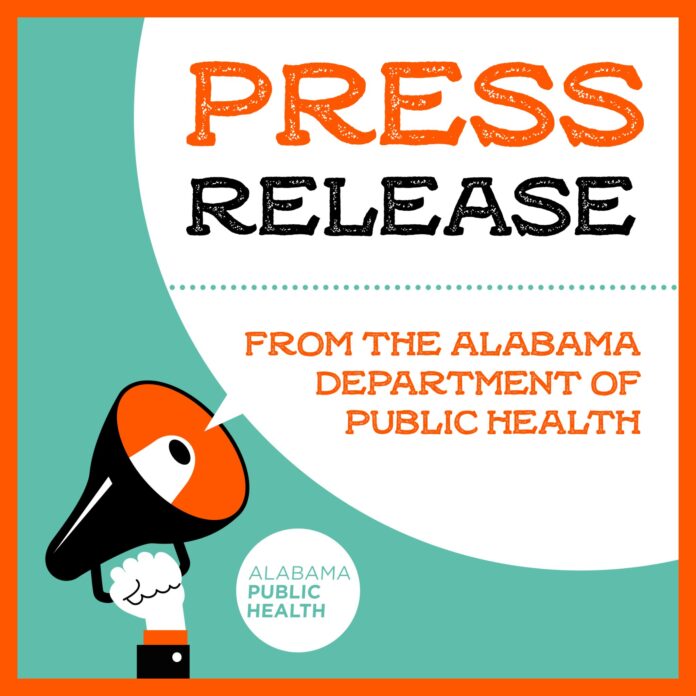MONTGOMERY, Ala.- Now is the time to make sure your children are up to date on their vaccines before the start of school. Getting children all recommended vaccines is one of the most important things parents can do to help protect their kids’ health, the health of their classmates, and their community. Childhood vaccines protect against serious and potentially life-threatening diseases, including polio, measles, whooping cough and chickenpox.
Parents need to vaccinate their children according to the Advisory Committee on Immunization Practices’ immunization schedule, endorsed by the American Academy of Pediatrics. Alabama state law requires children to be current on vaccinations before enrolling them in childcare centers and schools to protect the health of all students, and a Certificate of Immunization must be presented.
Immunization is crucial. Since 2010, there have been between 10,000 and 50,000 cases of whooping cough and as many as 20 deaths of babies each year in the United States. Most whooping cough deaths are among babies who are too young to be protected by their mother’s vaccination.
School-age children need vaccines. For example, children who are 4 to 6 years old are due for boosters of four vaccines: Tdap (tetanus-diphtheria and acellular pertussis, also called whooping cough), chickenpox, MMR (measles-mumps-rubella) and polio. Guidelines for specific vaccines for preteens and teens follow.
Tdap or tetanus-diphtheria (Td) booster: The Tdap vaccine should be given to children aged 11 to 12 years. It can be given at 13-18 years if not received at an earlier age. Tdap can be given regardless of the time since receiving a previous Td-containing vaccine. The Td booster is used in persons who should not get the pertussis vaccine.
Meningococcal: The meningococcal conjugate vaccine is recommended for all preteens and teens at 11 to 12 years old, with a booster dose at 16 years old. Teens may also be vaccinated with a serogroup B meningococcal vaccine (2 or 3 doses depending on the brand), preferably at 16 through 18 years old. Any older teen who has never been vaccinated should get vaccinated as soon as possible.
Human papillomavirus (HPV): The HPV vaccine is recommended for children aged 11-12 years so that they are protected before exposure to the virus. The HPV vaccine is given as a 2-dose series before age 15. Both girls and boys should receive 2 doses of the vaccine to prevent HPV-related diseases. Teens 13 years and older who either did not get any or did not receive all of the HPV vaccines when they were younger should complete the vaccine series. Adolescents older than 15 at the start of the vaccination series and young adults need 3 HPV shots for full protection.
Communities with groups of unvaccinated people are vulnerable to preventable diseases. At least 95 percent of people in a community need to be immunized for measles to achieve “herd” immunity. Herd immunity protects the people who received the vaccine as well as children too young to be vaccinated, persons with medical conditions preventing vaccination, and the less than 3 percent of people who do not respond to the vaccine.
Although it is not a requirement for school entry, the COVID-19 vaccine is now available at county health departments for ages 6 months and older. The Centers for Disease Control and Prevention recommends COVID-19 vaccine for everyone 6 months and older and boosters for everyone 5 years and older. COVID-19 vaccines are very effective against the original virus and many of its variants. In addition, everyone aged 6 months and older should be vaccinated every year with the influenza vaccine as soon as it becomes available in the community.
Check with your child’s health care provider or local health department to find out what specific vaccines they need this year. Parents can find out more about the immunizations children need at alabamapublichealth.gov/immunization.




























